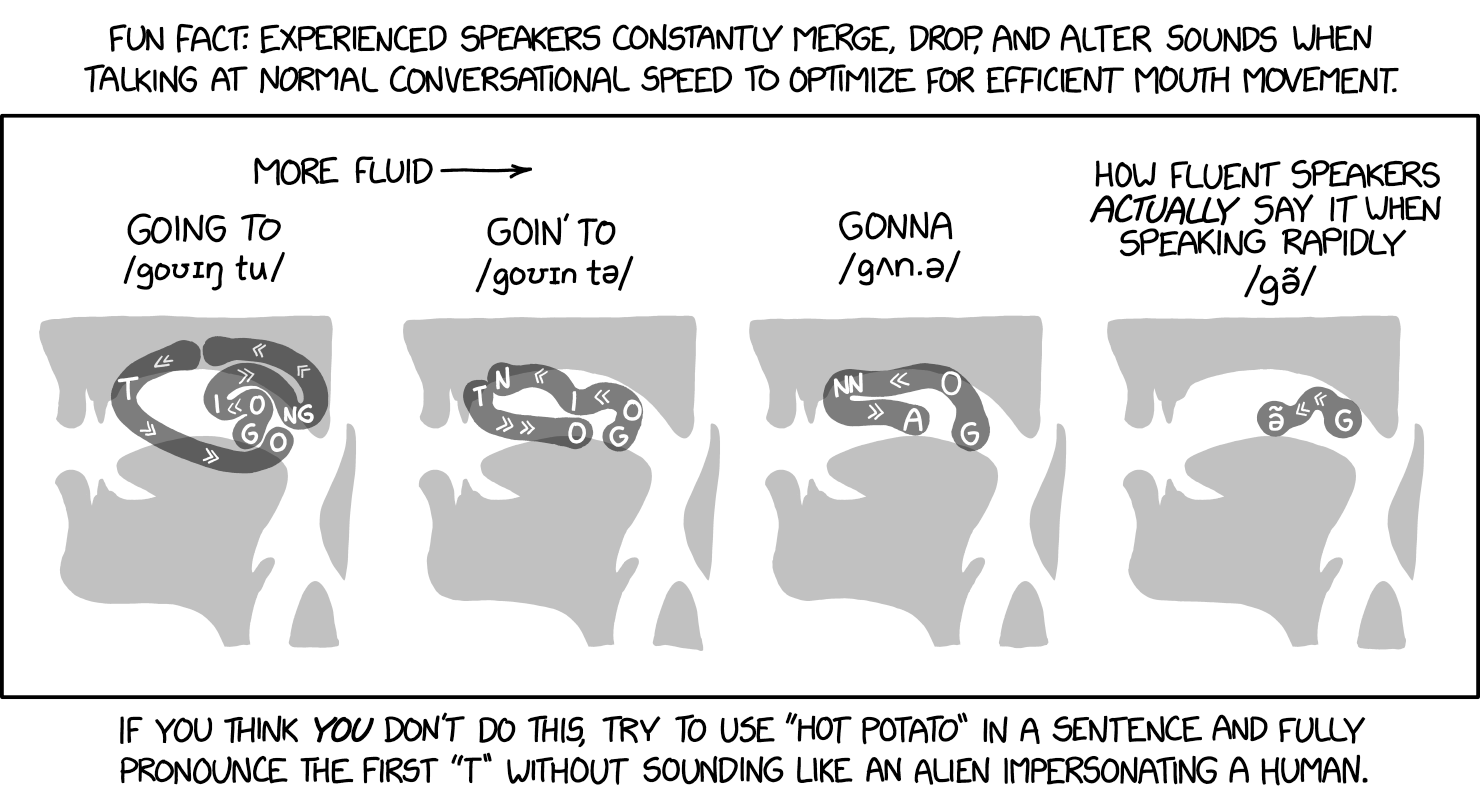Sino-Persian chimera
We've been on the trail of the griffin for some time: "Griffins: the implications of art history for language spread" (8/9/24), "Idle thoughts upon the Ides of March: the feathered man" (3/11/23) — very important (not so idle) observations about griffins in the pre-Classical West by Adrienne Mayor, with illuminating illustrations. Following the leads in these and other posts, I think we're getting closer to the smoking gryphon (in some traditions, e.g., Egyptian sfr/srf, it is thought to be fiery).
One name from the Middle East rings a bell with a well-known fabulous monster from classical China. That is
…the Armenian term Paskuč (Armenian: պասկուչ) that had been used to translate Greek gryp 'griffin' in the Septuagint, which H. P. Schmidt characterized as the counterpart of the simurgh. However, the cognate term Baškuč (glossed as 'griffin') also occurs in Middle Persian, attested in the Zoroastrian cosmological text Bundahishn XXIV (supposedly distinguishable from Sēnmurw which also appears in the same text). Middle Persian Paškuč is also attested in Manichaean magical texts (Manichaean Middle Persian: pškwc), and this must have meant a "griffin or a monster like a griffin" according to W. B. Henning.
Read the rest of this entry »
